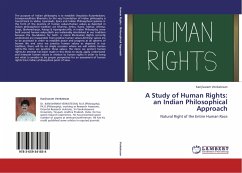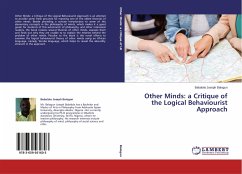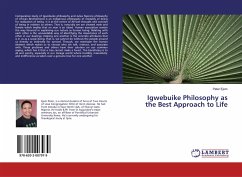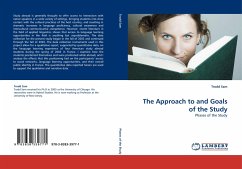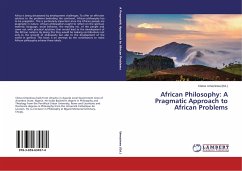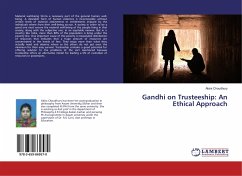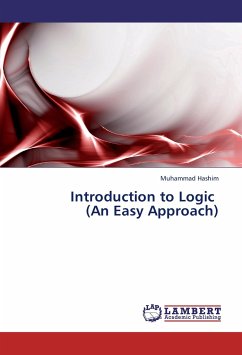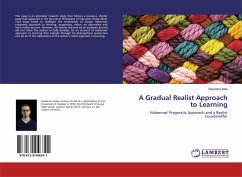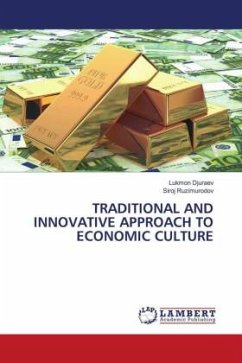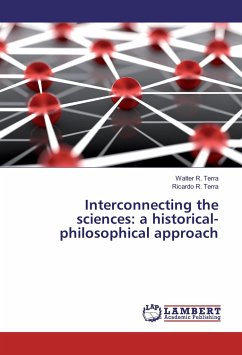
Interconnecting the sciences: a historical-philosophical approach
Versandkostenfrei!
Versandfertig in 6-10 Tagen
31,99 €
inkl. MwSt.

PAYBACK Punkte
16 °P sammeln!
This book uses the history of science to discuss philosophical problems associated with the sciences, as well as to illustrate the forms of interconnection between the sciences. Thus, the theory of chaos shows that absolute certainty is not a rule in physics, exemplified by the weather forecast. Biology is used to display types of explanation and validation different from those of the exact sciences. The development of biochemistry reveals how it adopts the organizing principles of biology, providing a connection between biology and chemistry. The analysis of how cell systems impose patterns o...
This book uses the history of science to discuss philosophical problems associated with the sciences, as well as to illustrate the forms of interconnection between the sciences. Thus, the theory of chaos shows that absolute certainty is not a rule in physics, exemplified by the weather forecast. Biology is used to display types of explanation and validation different from those of the exact sciences. The development of biochemistry reveals how it adopts the organizing principles of biology, providing a connection between biology and chemistry. The analysis of how cell systems impose patterns on biochemical reactions is the base to discuss how system properties arise that cannot be predicted from the properties of the components (emergent properties). After presenting the cognitive sciences and the respective connective disciplines with biology, the text extensively discusses the disciplines that connect the cognitive sciences and biology to the social sciences. The vision obtained allows us to enrich the relationships between the sciences, expanding its explanatory power, besides generating original approaches to morality, religion, science, and arts.



